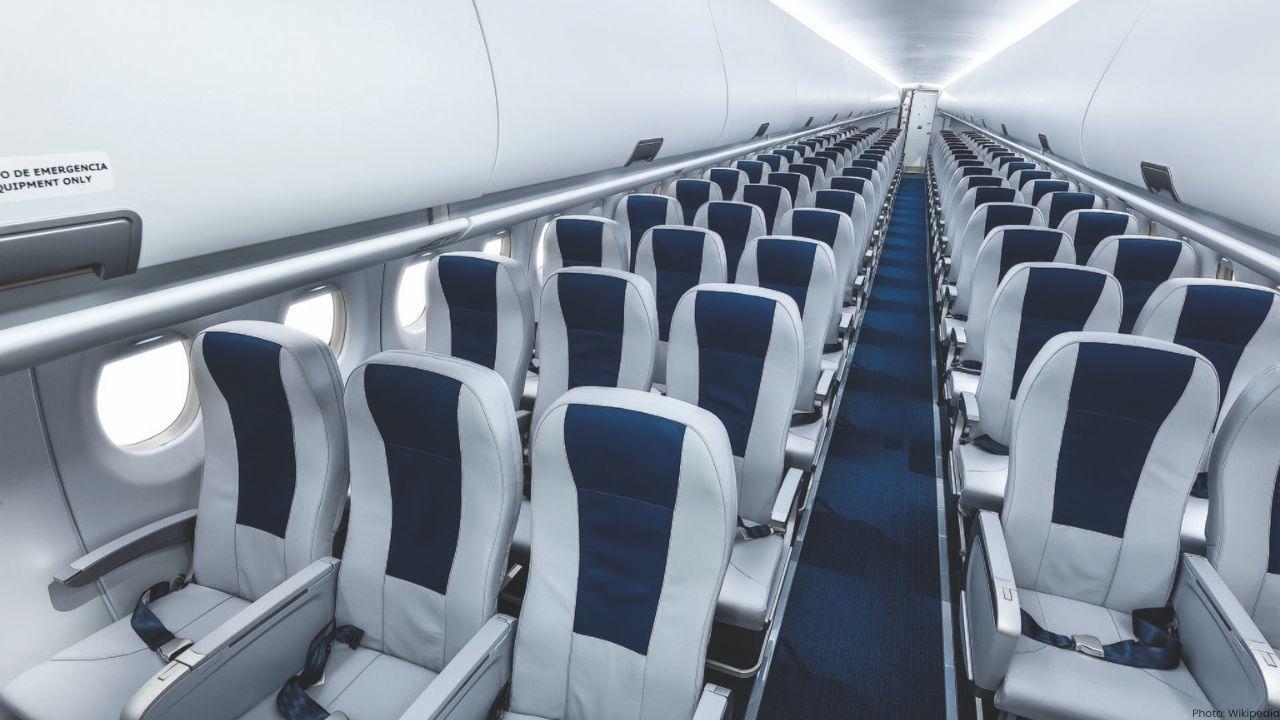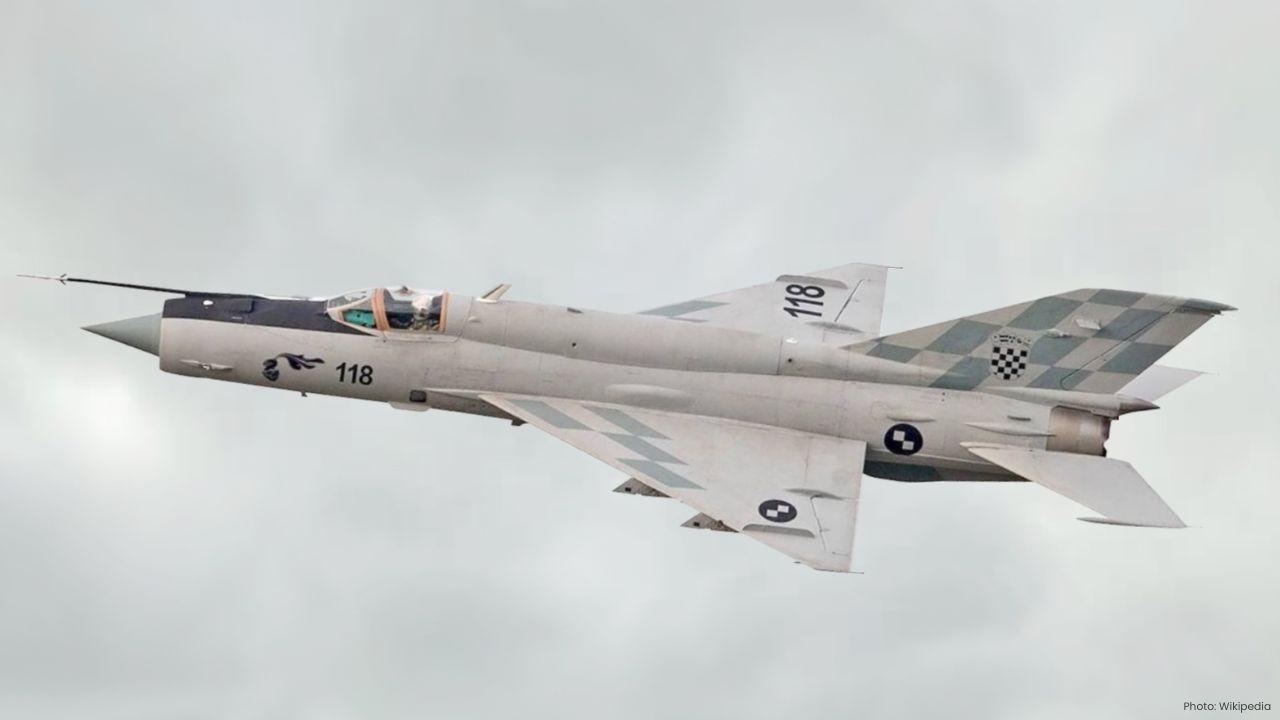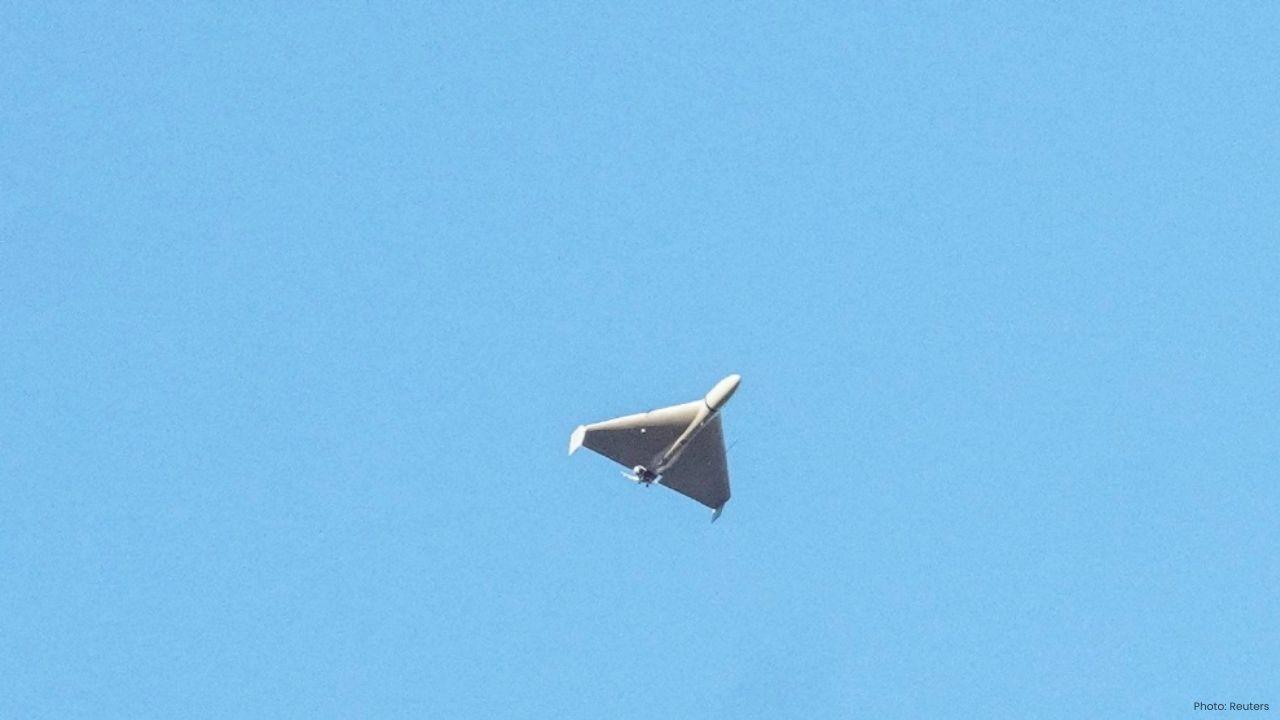
Post by : Meena Rani
The moment the plane races down the runway, engines roaring and nose tilting skyward, passengers often feel a sudden dip in their stomach. First-time flyers may find it alarming, while even frequent travelers notice it. But the truth is simple: this sensation is normal, not dangerous. It’s a combination of physics, atmospheric conditions, and how the human body reacts to motion. Understanding it can make flying far less stressful.
Why Your Stomach Feels Like It’s Dropping
1. Engines Reduce Power After Takeoff
When the plane lifts off, the engines are at full thrust to get airborne safely. Once at a safe altitude, pilots reduce power to save fuel and protect engines. Your body senses this sudden change as a dip—even though the plane continues climbing steadily.
2. The Plane Adjusts Its Angle
After a steep initial climb, pilots level the nose for efficiency and smoother ascent. Eyes see a steady climb, but your inner ear may interpret this as a sudden drop.
3. Acceleration and Deceleration Sensations
Takeoff thrust presses you into your seat. When engines ease slightly, the body feels lighter. That contrast can create a brief “falling” sensation—even though the aircraft is stable.
4. Inner Ear Balance
Your inner ear controls balance. Rapid altitude changes can confuse it. Even if your eyes see the plane rising, your brain may register downward motion, creating the stomach-lurching feeling familiar from rollercoasters.
5. The Mind Amplifies Motion
Flying is unnatural for humans. At night or in cloudy skies, small movements feel exaggerated. Over time, frequent flyers notice this sensation less as the body adapts.
6. Turbulence and Air Pockets
The sky is never smooth. Layers of air with varying temperatures and densities can push the plane downward briefly, creating a dip. Planes are designed to handle far more extreme forces safely than what passengers feel.
Tips for Nervous Flyers
Even knowing the science, nerves can take over. Here’s how to stay calm:
Breathe deeply: Slow, steady breaths settle your stress response.
Listen to something familiar: Music, podcasts, or audiobooks can distract your mind.
Remind yourself it’s normal: Pilots are trained for these sensations.
Relax your body: Unclench your jaw, drop your shoulders, and rest your hands.
Pick a steadier seat: Seats above the wings feel smoother than those at the back.
Next time your stomach flips during takeoff, remember: the plane is climbing safely. The sensation is your body reacting to physics, air currents, and motion. With understanding and a few calming strategies, flying becomes a more comfortable, even enjoyable experience.
Why plane dips feel scary, Flight anxiety tips, Takeoff turbulence explained










Bengaluru-Mumbai Superfast Train Approved After 30-Year Wait
Railways approves new superfast train connecting Bengaluru and Mumbai, ending a 30-year demand, easi

Canada Post Workers Strike Halts Nationwide Mail and Parcel Services
Canada Post halts operations as CUPW strike disrupts mail and parcel delivery nationwide amid disput

PM Modi Launches BSNL ‘Swadeshi’ 4G Network, 97,500 Towers Built
India enters global telecom league as PM Modi inaugurates BSNL’s indigenous 4G, connecting 26,700 vi

India’s Iconic MiG‑21 Takes Final Flight After Six Decades of Service
After 60 years India retires its MiG‑21 fighter jet, a legendary yet controversial warplane marking

Hindustan Zinc unveils AI hotspot monitoring at Debari smelter
Hindustan Zinc launches AI-powered Switchyard Hotspot Monitoring at Debari smelter to cut outages bo

Chinese experts worked inside sanctioned Russian drone plant
Chinese drone specialists visited IEMZ Kupol supplying parts and drones via intermediaries, deepenin